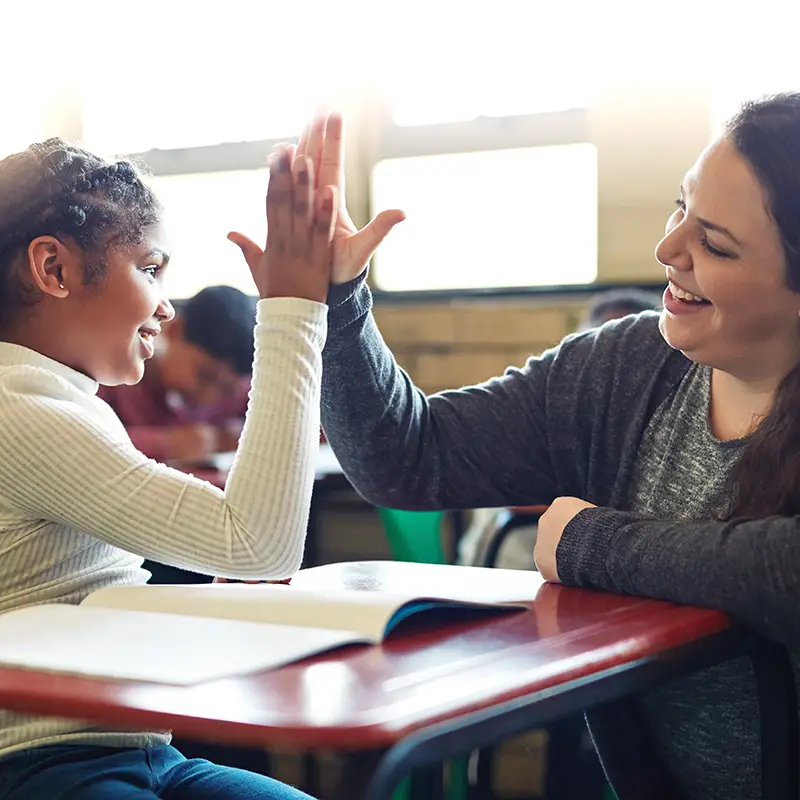Paraeducator Resources
Paraeducators are very important to us at ESD-U! Whether you are a “para for life” or plan to become a teacher, you will find important resources here to guide your personal and professional development.
Clock Hour 101 for Paraeducators (Video)
What are clock hours and how do I get them?
Professional Growth Plans for Paraeducators (Video)
How do I earn 25 free clock hours?
Video Resources for Paraeducators
(from the Paraeducator Board)
Paraeducator Training Program (Video)
What is the Paraeducator Training Program?
Frequently Asked Questions
Paraeducator Certificate Program
According to the PESB website, “The Paraeducator Certificate Program offers statewide standards-based training for all paraeducators and supports a career growth ladder for those who wish to advance their career as a paraeducator or pursue a teaching profession.” There are four tiers of training; two tiers are required and two tiers are optional.
ESD112 and ESD-U are committed to assisting districts in their efforts to provide paraeducators with high quality personal and professional development. Toward that end, ESD-U offers several programs for paraeducators that assist in obtaining both the General and Advanced Paraeducator Certificates.
Required: Fundamental Course of Study (28 clock hours, prerequisite for all other tiers)
The Fundamental Course of Study (FCS) is the first step for paraeducators to meet the minimum paraeducator employment requirements. It consists of 4 days (28 clock hours) of training, some of which must be done in a face-to-face format. Some districts provide this training to their paraeducators within their district; others refer paraeducators to secure training from other providers.
ESD112 has been providing FCS courses, at district request, for many years. Every August and September, ESD-U provides the full sequence of FCS courses in both online and face-to-face formats. Paraeducators should consult with their human resources office or district leaders before enrolling in FCS courses.
Required: General Paraeducator Certificate (70 clock hours)
The general certificate is earned by a paraeducator who completes 10 days (70 clock hours) of professional development training, in addition to the Fundamental Course of Study. This is typically done 14 hours per year for five years. Any clock hour training, offered by an approved clock hour provider, that assists in instructional skills for the paraeducator can meet the requirements of the certificate. (School district personnel will ensure the selected training meets the standards.)
ESD-U supports paraeducators in obtaining some of their required clock hour training through the Paraeducator and Explorer Program. PEP is a program designed specifically for paraeducators who might be interested in pursuing certification at a later point. It allows the participant to attend seminars along with practicing teachers and other ESD-U candidates pursuing certification, which provides exposure to rich conversations about educational practice.
Optional: Subject Matter Certificates (20 clock hours)
Subject matter certificates are available for paraeducators who want to pursue additional learning in either Special Education English Language Learner. Each certificate requires 20 clock hours in the chosen content area. Check with your human resources office to see if funding is available.
Optional: Advanced Paraeducator Certificate (additional 75 hours)
For paraeducators who want to continue to develop in their role, an advanced certificate is available. Clock hours are typically obtained through a professional growth plan.

